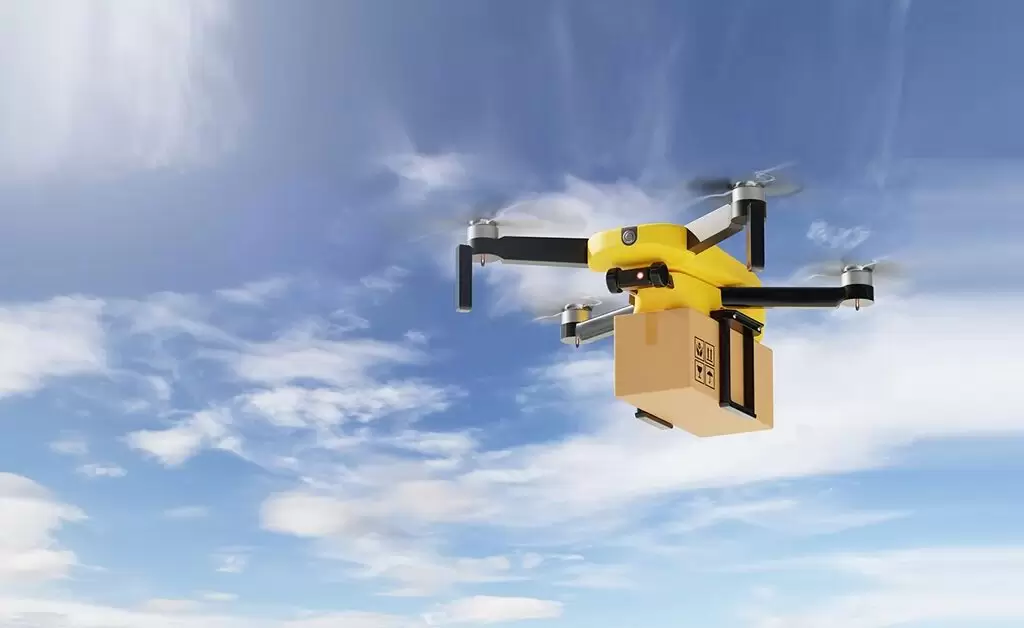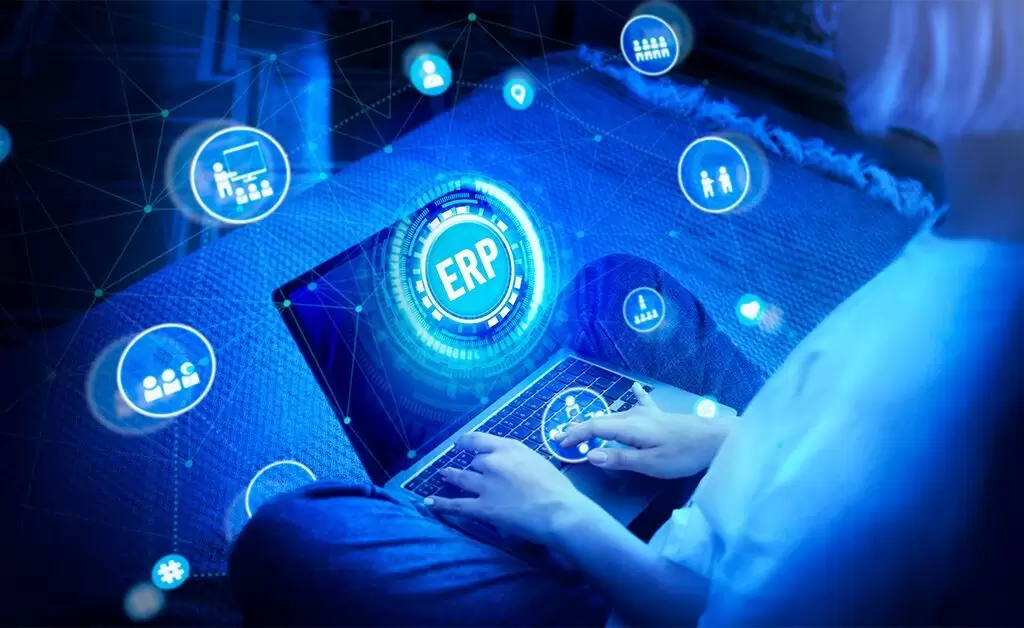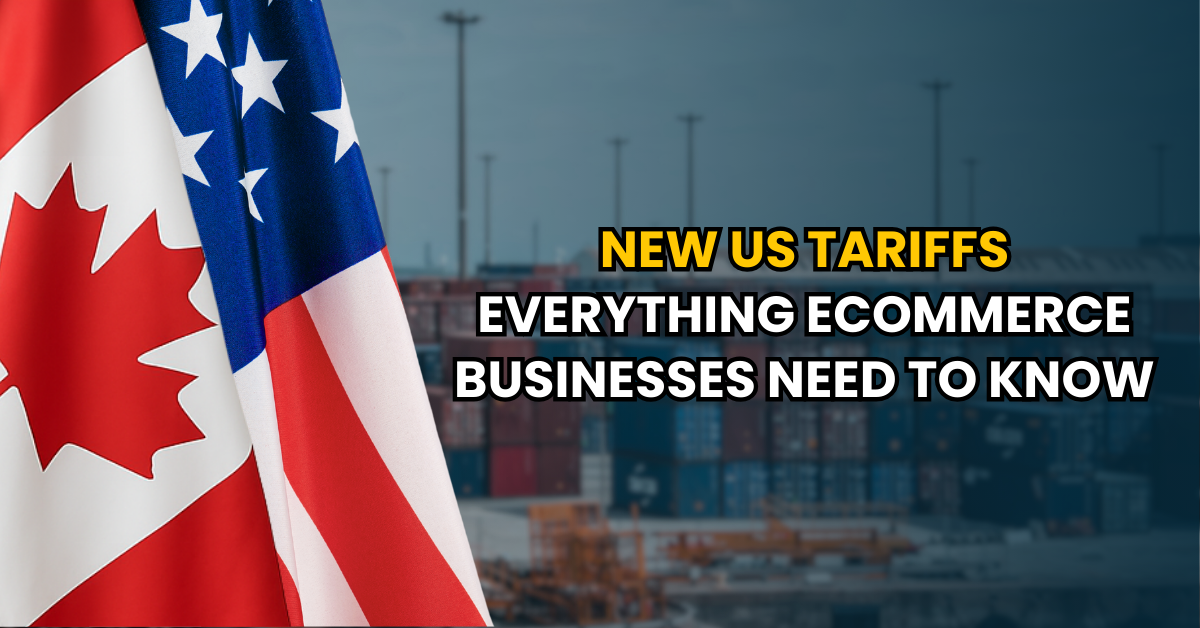Online shopping has become more popular in recent years, driving demand for quick and reliable deliveries. Following this trend, many companies have made optimizing last mile delivery a top priority. As a business owner, you know that in the e-commerce shopping journey, th that matters most is the last mile. The modern consumer expects fast, flexible, and transparent delivery of their e-commerce order. Satisfying these expectations can not only make all the difference to your business, but also reduce your costs.
The final stage of the logistics delivery process involves transporting packages from distribution centers to customers’ doorsteps. To optimize this stage, you need advanced last mile delivery technology, a reliable network, and robust software. The customer’s satisfaction, your operational efficiency, and overall business success depends on these elements.
The “last mile” of delivery stands out as one of the most critical and challenging phases of the shipping process. Although it’s the shortest part of the delivery journey, it’s also the most complex and most expensive. In fact, this stage accounts for a whopping 53% of total shipping costs.
That’s because, unlike bulk shipping, last mile delivery involves the transportation of individual packages on unique routes. In the past, logistics providers planned this process manually, often causing delays and delivery errors. Today, the process involves last mile innovations including machine learning algorithms, warehouse automation, intelligent sensors, GPS tracking, and even unmanned vehicles.
These technologies have allowed for more sophisticated planning and efficient execution. They are vital to transforming this complex and expensive segment of the supply-chain. This is also why the market for last mile delivery software is expected to increase from $2.34 billion in 2023 to $3.51 billion by 2030.
So how can you increase the efficiency of your deliveries, reduce costs, and create a customer-centric delivery experience? How do you win consumer loyalty and encourage repeat business? Let’s explore how advancements in last mile delivery technology can supercharge the way you ship through delivery optimization.
1. Real-Time Tracking and Visibility
One of the most important advancements in last mile delivery is real-time tracking. GPS and IoT (Internet of Things) technologies allow customers and companies to track a package at any time.
This transparency improves customer satisfaction by providing accurate delivery time information. It also allows companies to optimize routes. By collecting this data, logistics managers can reduce delivery delays by making sure that drivers avoid traffic and accidents.
2. Route Optimization Algorithms
Artificial Intelligence (AI) and Machine Learning (ML) algorithms are creating big changes in the task of planning delivery routes. They analyze data on traffic patterns, weather conditions, and delivery time windows. Then, they generate the most efficient routes for delivery drivers.
This reduces fuel consumption, minimizes delivery times, and lowers operational costs. Advanced route planning software can also adapt to changing conditions in real-time, ensuring that deliveries remain on schedule.
3. Autonomous Delivery Vehicles and Drones
The development of transportation technology like autonomous vehicles and drone delivery represents a significant leap forward in last mile logistics. Companies like Amazon and Google are experimenting with automation and robotics to deliver packages quickly and efficiently in urban and rural areas.
Similarly, researchers are testing autonomous ground vehicles to navigate city streets and suburban neighborhoods. These technologies and automated delivery systems promise to reduce labor costs, increase delivery speed, and provide innovative solutions for reaching difficult or remote locations.

4. Smart Lockers and Pickup Points
Smart lockers and designated pickup points are practical solutions that streamline last mile delivery. Instead of delivering packages directly to a customer’s home, companies can drop off parcels in secure, conveniently located lockers. Customers can then access their items using a unique code.
This delivery method improves security and reduces failed delivery attempts. It also meets growing demand for contactless deliveries, which have become popular since the pandemic.
5. Advanced Analytics and Predictive Insights
Leveraging data and advanced analytics enables companies to gain deeper insights into their last mile delivery operations. Predictive analytics can forecast demand, identify potential bottlenecks, and optimize inventory management. By understanding customer behavior and preferences, companies can tailor their delivery strategies to meet specific needs, enhancing the overall customer experience. Additionally, analytics can help identify patterns and trends that inform long-term strategic planning.

6. Customer Communication
Technology has significantly improved how companies communicate with customers throughout the delivery process. They can inform customers about their deliveries by SMS, email, or mobile app.
This proactive communication reduces uncertainty and builds trust, leading to higher customer satisfaction and loyalty. Moreover, interactive communication platforms allow customers to provide real-time feedback, request changes, or reschedule deliveries, adding a layer of flexibility to the process.
7. Sustainable Delivery Practices
As environmental concerns gain traction, technology is also playing a crucial role in promoting sustainable last mile delivery practices. Electric delivery vehicles, route optimization to reduce emissions, and the use of eco-friendly packaging materials are becoming more prevalent.
By integrating sustainable practices into their operations, companies can reduce their carbon footprint and also appeal to environmentally conscious consumers.
Conclusion
The last mile may be the final step, but with the right technology, it can be the most innovative and impactful one. From advanced tracking and route optimization to autonomous vehicles and predictive analytics, technological advancements are transforming the logistics industry. These innovations not only enhance efficiency and reduce costs but also improve customer satisfaction by ensuring timely and reliable deliveries.
As e-commerce continues to grow, these technological solutions will keep companies competitive. By meeting the demands of your customers, you’ll deliver a last mile experience that keeps shoppers coming back to your store.
Ecom Logistics will add both speed and convenience to your customers’ shipping experience. Get in touch with us and we will help you deliver the service that your customers expect and deserve.



